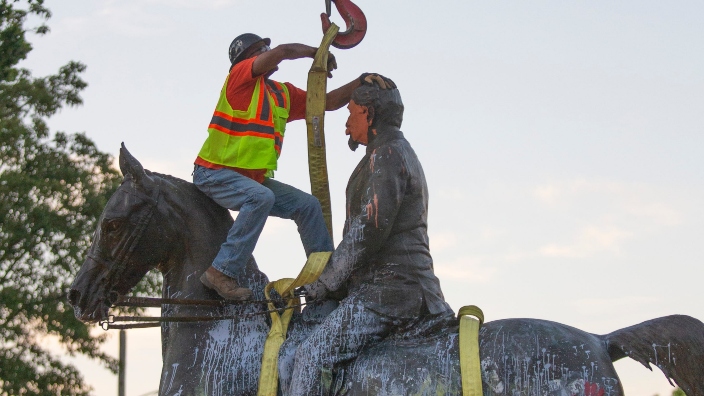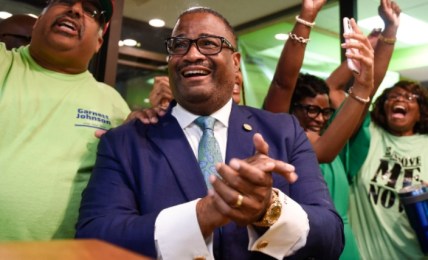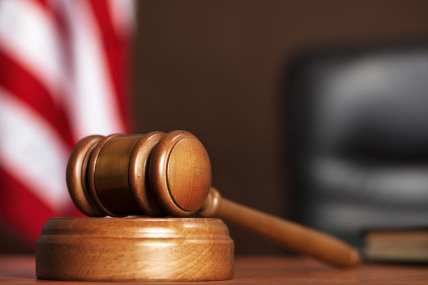Ky. Supreme Court to review suit seeking return of Confederate soldier’s statue to historic neighborhood
Despite allegations that John B. Castleman's remarks aided in the segregation of Louisville parks, others argued he worked to keep the city's parks and playgrounds open to Black residents.
The Kentucky Supreme Court will consider restoring the statue of Confederate soldier John B. Castleman to Cherokee Triangle two years after it was removed.
A group called Friends of Louisville Public Art appealed to the state’s high court, arguing that two of the commissioners, who in 2019 cast votes to remove the “local landmark,” were “biased” and “partial” because they were employed by Louisville Mayor Greg Fischer, as reported by The Courier Journal.

Fischer had been outspoken in his support for removing the statue, once describing its depiction of Castleman mounted on a horse wearing civilian attire as a representation of “racist or bigoted ideology.”
According to an order earlier this month, the Kentucky Supreme Court will review — and rule on — the FOLPA lawsuit.
While Friends of Louisville Public Art recognized Castleman’s Confederate affiliations, they claim he later rejected his allegiance and urged white men to honor Black soldiers in World War I via salute. He also later served as a brigadier general in the U.S. Army and had a role in creating Louisville’s current park system.
Despite allegations that Castleman’s remarks aided in the actual segregation of Louisville public grasslands and gardens, others have argued that he worked to keep the city’s parks and playgrounds open to Black residents.
“The court does not grant many reviews,” noted Stephen Porter, FOLPA’s attorney, about its willingness to revisit the issue, “and we believe it will understand that due process was not allowed.”
However, Sarah Martin, the director of Jefferson County Attorney’s Office Civil Division, told the Courier Journal her office will submit a brief with the state Supreme Court “in support of” the sculpture’s removal.
TheGrio is FREE on your TV via Apple TV, Amazon Fire, Roku and Android TV. Also, please download theGrio mobile apps today!


